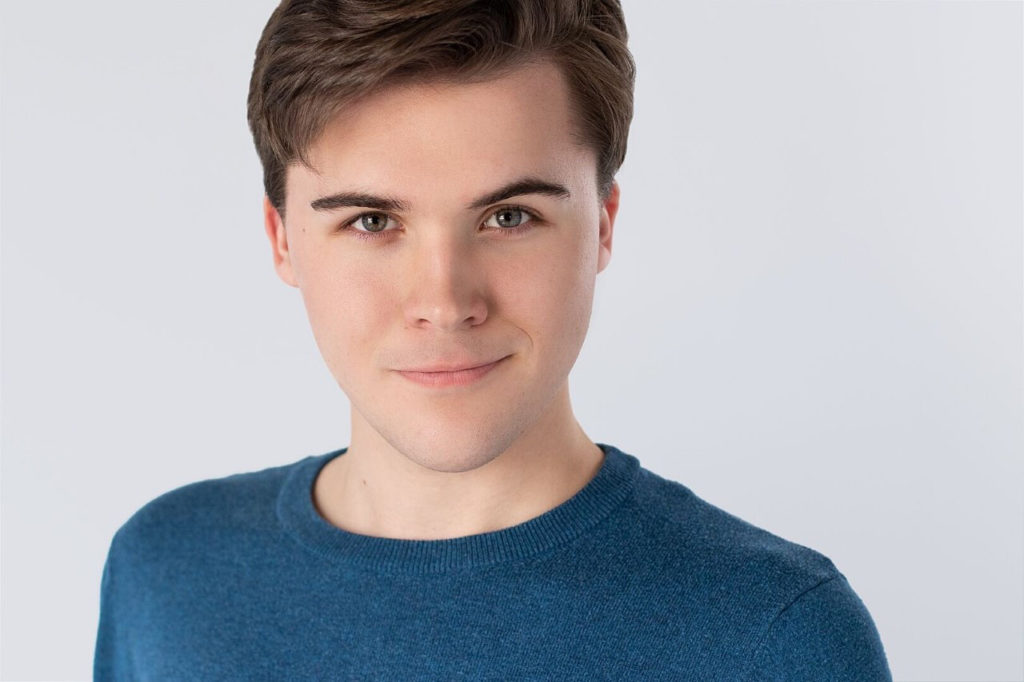
This opinion column was written by the Sunrise Movement OCU Coordinator Nathan May on behalf of Sunrise Movement OCU.
Last month, Don’t Look Up provided pop culture with a star-studded cautionary satire about the climate crisis. After watching it, I took some time to chat with several friends about how it made them feel. A few responses I got were stressed, depressed, and anxious. Not surprisingly, it wasn’t a particularly feel-good movie.
Two years ago, a survey by the American Psychological Association found that 2 out of 3 adults in America experience climate anxiety, which is considered a rational response to a crisis of this scale. With lives as crazy as ours already are, it can be tempting to try reducing this anxiety by avoiding the topic.
But the real solution, one I can attest to from personal experience, is the opposite. The best antidote to climate anxiety is climate action. Feeling like a part of the solution and working alongside other like-minded people can shift the climate from something that brings feelings of dread and isolation into something that fuels love, connection, and empowerment.
Where can you start, though? Is there even anything we can still do? The science is clear, it is still possible to stop the worst effects of the climate crisis. To do that, we need to cut emissions from fossil fuels by at least 50% by 2030, and 100% by 2050.
The thing that makes achieving this so scary is the same thing that makes it great: There is no one solution to stop the climate crisis because it encompasses everything. That means I cannot give you a one-size-fits-all key to sustainability, but it also means that whoever you are, whatever your passions and talents are, there is a unique role that only you are best suited to play in bringing about a better future.
As for finding our unique roles, there is one thing that most of you reading this have in common, and that’s OCU. So, let us start there. To reach the goals scientists have deemed necessary, we need a large systemic change. Our university has many opportunities for change!
Community members have organized several times over the years for more sustainable practices on campus. This includes community building gardens, planting trees, and switching to more efficient lightbulbs. However, it is hard to keep the momentum going when the people propelling it graduate and leave.
The climate action group Sunrise Movement OCU has been working to solve this by urging President Evans to establish an office of sustainability on campus. It is a standardized institution at universities across the country.
Staff in the office of sustainability would work to make sure OCU implements things like renewable energy, energy-efficient buildings, and composting. If you would like to show support for systemic change on campus, you can join the Sunrise Movement or contact President Evans.
The university offers a variety of courses relating to the climate here on campus. We have courses that help us understand ecology and show us how to be better stewards of our home. At the same time, we are offered courses that prepare us to become fossil fuel executives who reap sweet world-ending cash.
Taking advantage of classes like Environmental Ethics, Global Ecological Challenges, or Environmental Science is a great way to learn more about sustainability and meet other people interested in making change.
Since we are at a school that has achieved little in the way of sustainability, we may want to look to other schools for inspiration.
Last year the U.S. saw massive victories in the “Divest” movement. Student activists have spent the last decade demanding universities divest their money from fossil fuels. Last year a long string of universities, including Harvard, Boston University, Vassar, and Dartmouth, finally caved to the pressure.
This makes sense– a university cannot pretend its mission is to prepare us for our futures if they are invested in destroying that future. Maybe we should bring that energy to OCU as well.
Sustainability is not just about what we pressure the campus administration into doing, though, it touches every aspect of our lives.
One of my favorite methods to find your place is Dr. Ayana Elizabeth Johnson’s Venn diagram. Draw three overlapping circles that each ask one of these questions: “What are you good at?” “What is the work that needs doing?” and “What brings you joy?” Ideally, you want to spend as much time as possible at the intersection of all three!
A friend recently told me about the work he is doing to improve financial inclusiveness programs for refugees, and how it will become increasingly important as climate disasters continue to displace people.
Maybe you’re a performer or storyteller and want to tell more stories about the environment? The success of Don’t Look Up has proven there is an appetite for it. By practicing my love of gardening with native plants I preserve biodiversity.
There is a lot to do if we want to stop the climate crisis, but by finding the unique ways we fit into the puzzle, we can do it in a way that simultaneously heals our planet and ourselves.
To quote climate scientist Peter Kalmus, “We’re not fighting for a merely ‘livable’ planet. We’re fighting for a riotous, wild, gorgeous, generous, miraculous, life-cradling planet that is home to a society that works for everyone.”


Leave a Reply